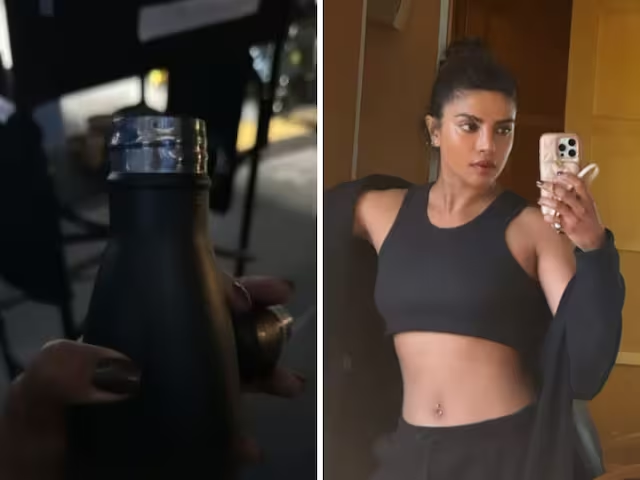Monkey Man: It’s Not In Good Taste, Dev Patel’s Pointless Bloodbath
It hurts to see Dev Patel’s highly acclaimed directing debut. Stunt sequences that are choreographed like the antithesis of a ballet, combined with stylized, unrelenting brutality, are needless and self-important.

However, I could overlook the ceaseless senseless slaughter — to each his own John Wick, I suppose — if it weren’t for the peculiar, inappropriate allusions to Hindu mythology that recur conspicuously throughout the bloody rampage, as though to underscore the close correlation between religion and violence in India.
Well, maybe there is. It is frustrating that Monkey Man lacks the cultural, emotional, and intellectual perspective, as well as the gravity, necessary to comprehend the complex relationship between religion and violence. Without context or knowledge, the story seems forced and self-consciously stylized, with blood-red frames.
Monkey Man, if there is such a thing, is essentially a mother-son tale—perhaps the angrier, more intense version of Amitabh Bachchan’s Deewaar. However, what made Bachchan so intense was his sheer comic book fury, which was the most theatrical element in Dev Patel’s script. The scenes that depict Patel as a little boy with his chirpy mother (Adithi Kalkunte) have a tone so light and stagey that they seem to parody every maa-laadla potboiler that has ever been produced in India.
Nothing is particularly obvious, especially with almost every picture covered in blood, as to why the mother is constantly instilling Hanuman myths in her little son’s mind. The Hanuman parallel is taken a bit too literally by Patel’s character Monkey Man/Kid. In order to vent his rage and accept his mother’s brutal death, Patel’s Kid even fantasizes (?) at one point in the plodding narrative about tearing open his chest a la Bajrangbali.
In Monkey Man, everyone is always angry. None more so than Sikandar Kher, who plays the vicious antagonist who appears wherever Hanuman appears in Patel’s films, even the toilet, which has recently served as a setting for staged, stylized violence.
Rana Singh, the corrupt police officer played by Kher, is directly related to Paresh Rawal from Rahul Rawail’s Dacait, but without the underlying comedy to balance off the violence.
Unintentional humor arises when Ustad Zakir Hussain, the master of the tabla, plays in one corner of the screen while Dev Patel’s character, Human Man/Kid (who also goes by Bobby at one point, uses aliases to deceive) practices boxing on the opposite end, to the delight of a group of eunuchs.
Could you help explain how boxing practice, table games, and eunuchs are related? Zakir Hussain seems confused and amused. He’s starred in better films. If my understanding is incorrect, it appears like all of this is being sold to the West as exotic Indian goods.
Additionally, Sobhita Dhulipala plays Sita, a type of sex prostitute, for around four minutes on screen, if you don’t blink. I’ll end here.
The writing (Dev Patel, Paul Angunawela, John Collee) is especially disheartening since it is blatantly Bollywood Masala, cranked up to an intolerable degree of violent intensity, while seeming to be something deeper.
In addition to being a filmmaker, Dev Patel also plays a starring character. He adopts many personas, such as the resentful son and the vicious boxer who competes in underground fight clubs for cash. At some time, he also loves dogs. as well as an advocate for minorities. Salutations!
A true all-arounder. With Hanuman’s DNA, Dev Patel is the Indian version of John Wick. Please don’t include religion in Patel’s next self-glorifying action movie.







